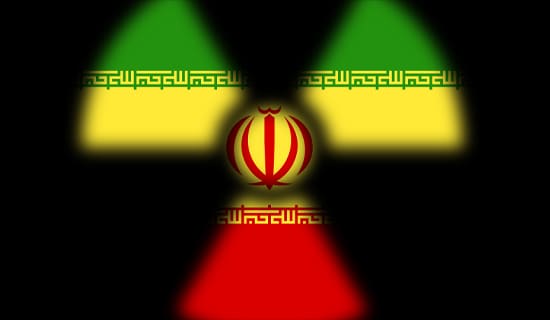Russian political scientist and popular talk show guest Yakub Korejba believes that the Russian regime that had previously relied on oil revenue to paper over problems will soon be left without any liquid assets. People will experience a radical turn for the worse in their situation, and since this situation will be common to the bulk of Russian society and not only to a particular sector, the authorities will not be able to quell popular resentment – even with the use of coercive force. Korejba warns those hoping for the regime to simply crash that the regime will fight to preserve itself, and therefore an evolutionary process is advisable with all hands on deck to save Russia.
If Korejba is correct this will not be the first time that a sharp decline in oil prices produced political change in modern Russian history. The oil glut in the 1980s punched holes in the Soviet economy[1] and paved the way for the collapse of the Soviet Union. [2]
Korejba's article titled "Strength Does not lie in Oil" follows below.[3]

Yakub Korejba (Source mir-znamenitostej.ru)
"For 30 years, Russia has not found the inner strength to redirect the state towards citizens. It is very likely that Russia will be forced to do so under the influence of external factors. and the drop in oil prices will be the first step in this process.
"What does the fall in the price of Urals oil to $ 11.5 mean (in conditions when the reserve fund needs to be spent on guaranteeing the population's most basic needs and no one can predict when the crisis ends)? It means that the margin of error for the Russian government is sharply narrowing, [it means] that decisions must be taken faster, better and more accurately. [It means] that the miscalculations (that were permissible back in February) can today produce the most radical results, down to a loss of stability in the political system.
"The regime's existential problems are good news for many. The wind is in the sails of those, who do not see the possibility or logic in reforming Russia and await the system's fall in order to build something new on its wreckage. But the regime will naturally defend itself, will try to survive, and paradoxically, this is good news for everyone, including opposition-minded citizens of Russia.
"The fact is that at such [low] oil prices, the liquid assets will soon be depleted and in order to maintain the political system's existence, it will be necessary to shift from a quantitative solutions (by pouring money on all problems in money) to qualitative ones (increase management efficiency). That is, in order to preserve Russia (meaning both the regime in the narrow sense, and the country in the broader sense of the word) we will have to use all available means. Police batons and even an army along with the National Guard of Russia will simply not physically suffice to get the situation under control, where the condition of the entire population and not of a specific social, professional or regional group, is changing dramatically (not gradually, as in the case of inflation).
"This is the moment in which the government clearly understands that in order to preserve itself it is necessary to take certain measures, and it turns out that these are precisely the measures that society has long requested. A crisis is a moment in which even an authoritarian state begins to behave in accordance with the will of the majority, since it is technically impossible to simultaneously suppress the discontent of so many people by repressions or social corruption. When the oil price was at $ 40-50, there was room for reproducing the inertial scenario of regime survival. Today, it has become completely clear that it is no longer the case.
"The psychology of power resembles human psychology. States, like people, act (or do nothing) under the influence of two types of factors: internal and external. Why be good if nothing bad happens when we are bad? Why reform the country if, despite the complaints of malcontents [population], oil revenues can maintain everything as is? Such was the logic of the Russian government for many years. Well [that logic] is a thing of the past], because today, it is no longer relevant."








